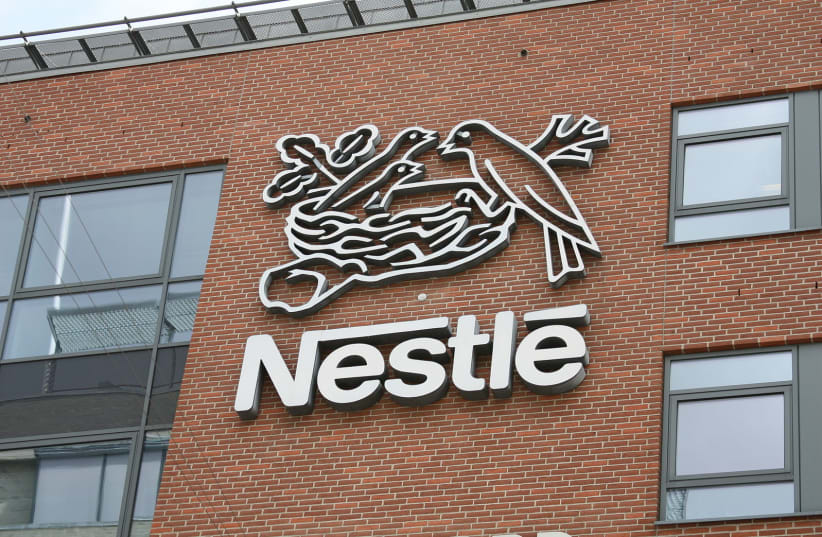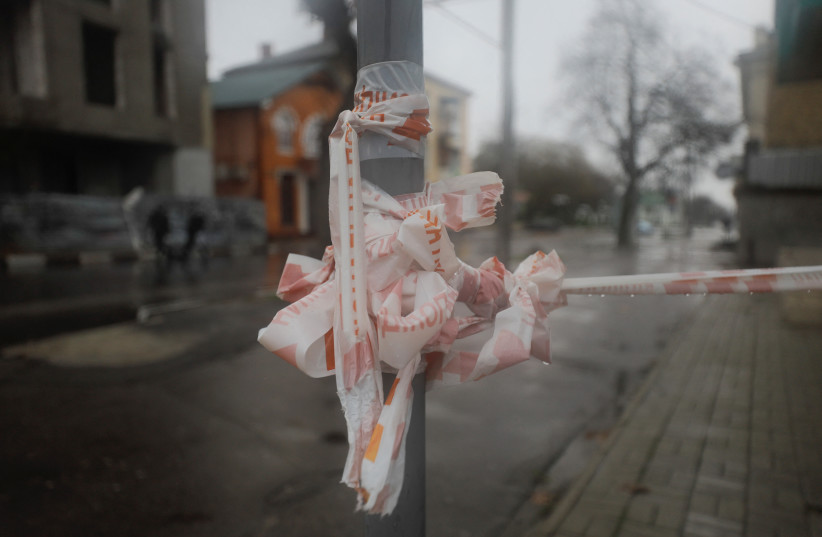Food conglomerate Nestlé announced plans to build a new food production facility in Ukraine on Monday – a facility that will bring nearly $43 million of investment into the war-torn country.
The new facility will produce cold sauces, seasonings, soups and instant food products. It will also create around 1,500 new jobs in Northwestern Ukraine, Reuters said in a report.
"This is an important move for Nestlé, taken in a very challenging time for the country," Alessandro Zanelli, Nestlé chief executive officer for South Eastern Europe Market, said in a statement.
Ukraine’s economy has suffered due to Russia’s invasion – the IMF (International Monetary Fund) estimates that the economy will shrink by 35% this year as attacks on critical infrastructure and urban metropolises. While foreign investment has largely been hampered as a result of the war, Nestlé will become one of the few major global corporations to invest in Ukraine in 2022.
“We aim to create a food and culinary hub, ensuring incremental jobs and serving the needs of Ukrainians and all European citizens with high-quality products.”
Global food crisis stemming from Ukraine-Russia War
Nestlé’s move comes as the Russia-Ukraine War continues to disrupt the global food supply chain. Ukraine, the fourth-largest wheat exporter globally in 2021, has struggled to maintain its output amid the war.
After a UN-brokered deal between Russia and Ukraine took place in July – a deal that allowed millions of tons of produce to leave Ukrainian ports – Russia announced it would suspend its participation in the deal in late October after what it called a Ukrainian attack on Russia-controlled Crimea.
Israel’s Tourism Minister Yoel Razvozov led a political delegation to Kazakhstan to discuss the possibility of importing wheat and flour to Israel in June as nations scramble to fill their food security needs in the midst of the Ukraine-Russia War.


